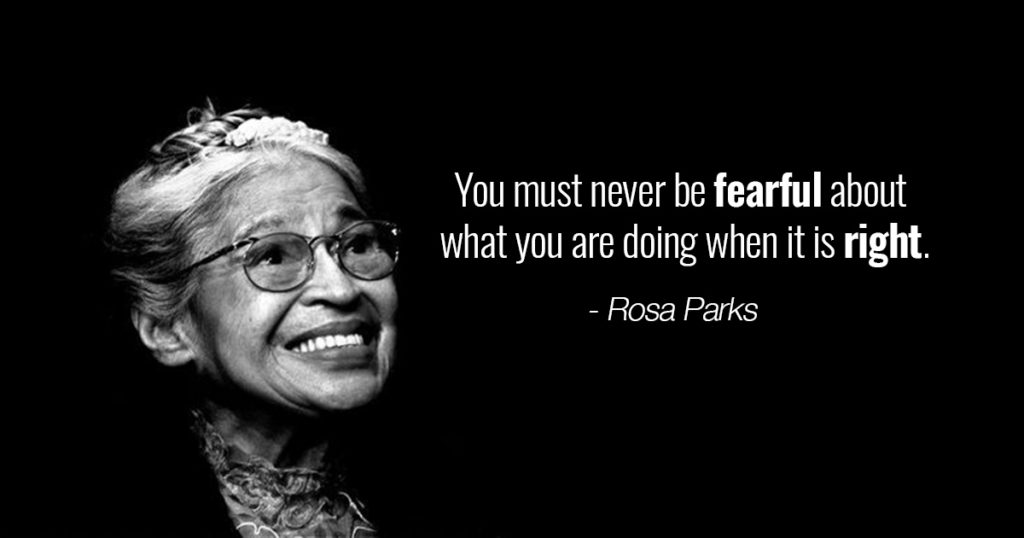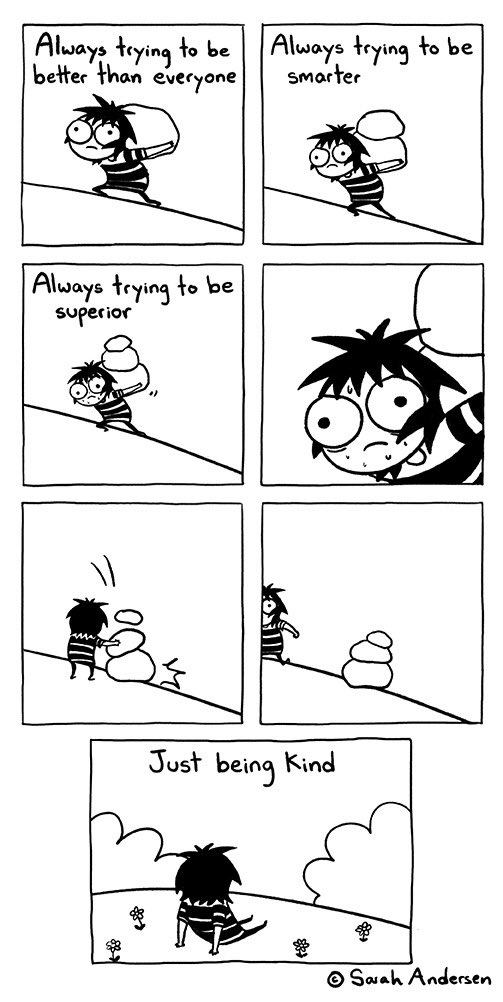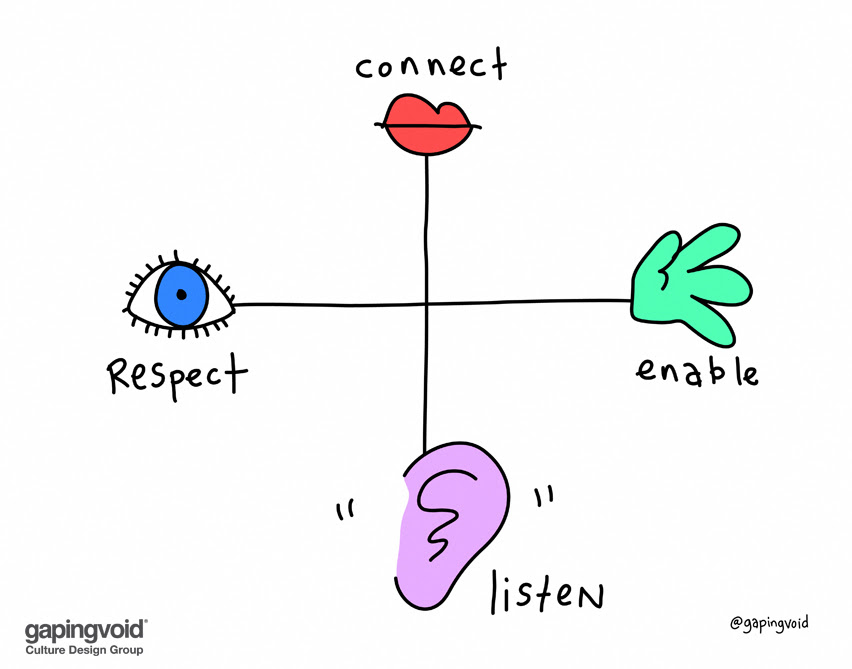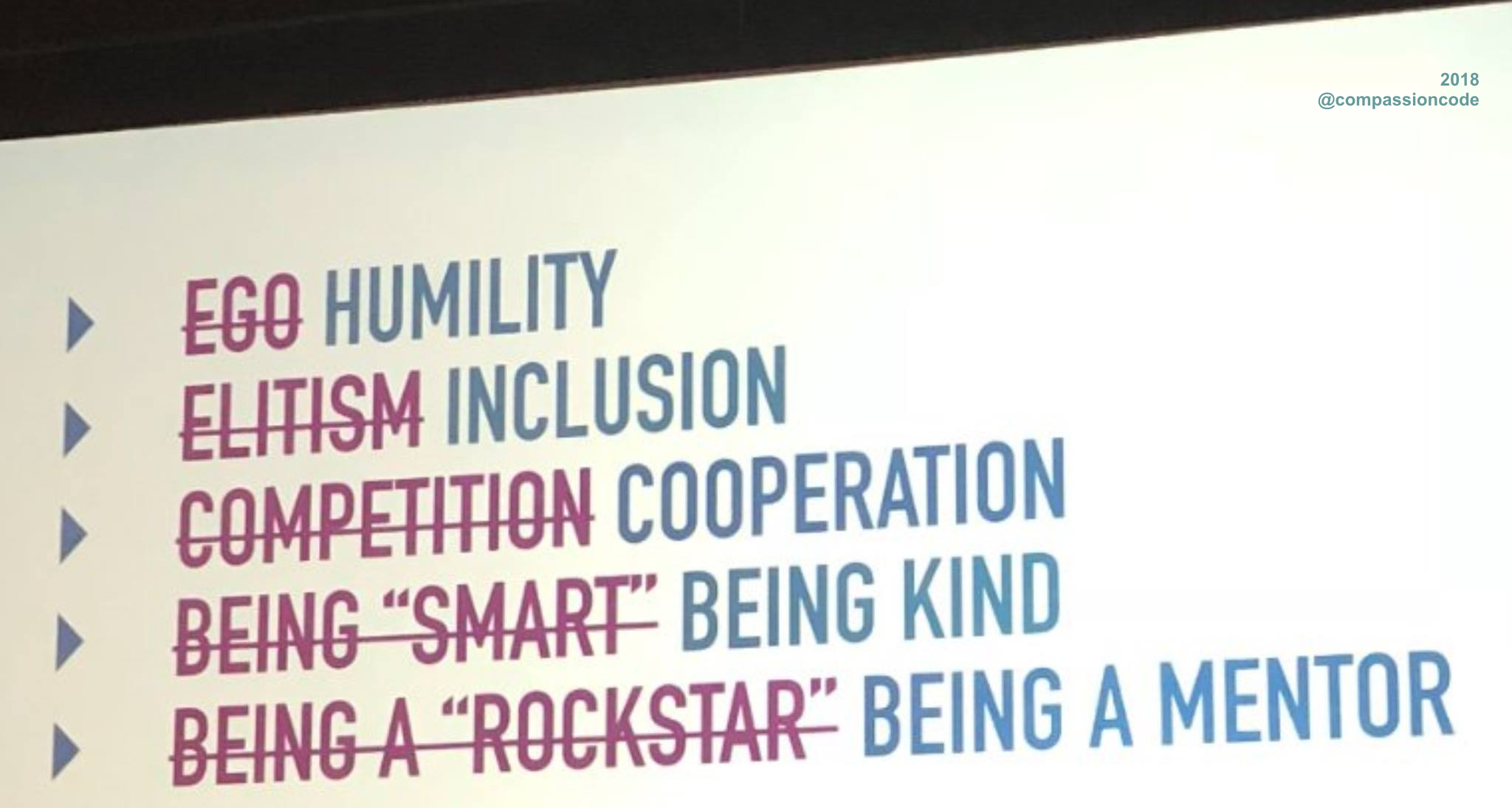It always was, but now we’re beyond overdue. Keep protesting o/

It always was, but now we’re beyond overdue. Keep protesting o/

Found this gem during a walk around the neighbour hood

To my country, from an expat – Ben Lawson poem
The mate I live with for the past 20 odd years is of Aboriginal appearance. Or so it seems, according to the many times he was stopped on the streets by police or similar agencies when we lived in Kings Cross and that area.
The even more mind-boggling part to that story is though that, whenever I appeared in the picture (blond white female) (eg. me coming out of a shop where he was waiting outside, or he parked waiting for me, etc.) they would instantly let go of him. Or, and just as instantly, when he opened his mouth and started talking, with his uncanny European accent, being German born yet descendant of a mix of European cultures.
What that taught us early on, when coming to Australia to live here, is how fucked you are when your skin is not as bright shiny white as my cancer ridden freckled shell is…
We have since tried our best to support all Indigenous projects and initiatives we could get involved with. And frankly so should you too, and everyone. There’s just no other way than unconditional support to close this unbelievable societal gap that is so tangible and somehow latently accepted everywhere in Australia.
A sobering yet splendid write up of the current state of affairs
Meanjin.com.au/essays/unearthed by @cityoftongues
“We buy cheap clothes without letting ourselves think too much about the manner of their production, eat meat without thinking too much about where it comes from, catch planes without thinking too hard about the impact of them, or of the materials that went into building the plane, or the road, or of making the power that runs the lights. For those of us in the first world, any reckoning with these questions is likely to be particularly painful, demanding we learn to see the invisible legacies and ongoing trauma of colonialism and exploitation, dispossession and destruction that surround and enmesh us. Seen like this our resistance looks less like moral cupidity or wickedness than self-preservation. As T.S. Eliot recognised almost a century ago, there is only so much reality most of us can bear.
As a result we inhabit a weird duality, a world in which we know but do not know, and where these mechanisms of evasion and denial allow us to avoid staring into the eye of what is coming.
Five million Syrian refugees deranged Europe, a fraction of that has dramatically affected the dynamic of Australian society. What happens when tens of millions head north and south from Indonesia and equatorial or sub-Saharan Africa? When Central America or parts of India become uninhabitable? When Bangladesh and Myanmar flood? What happens when that occurs at the same time food grows scarce, water resources dry up and economic activity contracts to less than nothing as global commerce collapses?
When sea-level rise has swallowed the Sundarbans and made cities such as Kolkata, New York and Bangkok uninhabitable, when readers and museum-goers turn to the art and literature of our time, will they not look, first and most urgently, for traces and portents of the altered world of their inheritance? And when they fail to find them, what can they do other than to conclude that ours was a time when most forms of art and literature were drawn into the modes of concealment that prevented people from recognising the realities of their plight?”
The average Australian’s diet has a water scarcity footprint of 362 litres per day. A water scarcity footprint consists of two elements: the litres of water used, multiplied by a weighting depending on whether water scarcity at the source is higher or lower than the global average.
Foods with some of the highest water scarcity footprints were almonds (3,448 litres/kg), dried apricots (3,363 litres/kg) and breakfast cereal made from puffed rice (1,464 litres/kg).
In contrast, foods with some of the smallest water scarcity footprint included wholemeal bread (11.3 litres/kg), oats (23.4 litres/kg), and soaked chickpeas (5.9 litres/kg).
Of the 9,000 diets studied, 25 per cent of the water scarcity footprint came from discretionary foods and beverages such as cakes, biscuits, sugar-sweetened drinks and alcohol
Food systems account for about 70 per cent of global freshwater use.
Read the whole article here: https://www.abc.net.au/news/2019-10-07/chocolate-wine-food-production-water-use-climate-change/11578608
From the marvelous Brainpickings.org
Huxley examines the self-consciousness at the heart of worship, thus echoing Mark Twain’s lament about religion and human egotism :
We love ourselves to the point of idolatry; but we also intensely dislike ourselves — we find ourselves unutterably boring. Correlated with this distaste for the idolatrously worshipped self, there is in all of us a desire, sometimes latent, sometimes conscious and passionately expressed, to escape from the prison of our individuality, an urge to self-transcendence. It is to this urge that we owe mystical theology, spiritual exercises and yoga — to this, too, that we owe alcoholism and drug addiction.
Huxley turns to how drugs have attempted to address this human urge and the interplay of those attempts with religion:
Modern pharmacology has given us a host of new synthetics, but in the field of the naturally occurring mind changers it has made no radical discoveries. All the botanical sedatives, stimulants, vision revealers, happiness promoters and cosmic-consciousness arousers were found out thousands of years ago, before the dawn of history.
In many societies at many levels of civilization attempts have been made to fuse drug intoxication with God-intoxication. In ancient Greece, for example, ethyl alcohol had its place in the established religion. Dionysus, or Bacchus, as he was often called, was a true divinity. His worshipers addressed him as Lusios, “Liberator,” or as Theoinos, “Godwinc.” The latter name telescopes fermented grape juice and the supernatural into a single pentecostal experience. . . . Unfortunately they also receive harm. The blissful experience of self -transcendence which alcohol makes possible has to be paid for, and the price is exorbitantly high.
Huxley argues that while the intuitive solution seems to be to enforce complete prohibition of mind-altering substances, this tends to backfire and “create more evils than it cures,” while also admonishing to the diametric opposite of this black-and-white approach, the “complete toleration and unrestricted availability” of drugs. Peering into the future of biochemistry and pharmacology, he foresees the development of “powerful but nearly harmless drugs,” but also notes that even if these were invented, they’d raise important questions about use and abuse, about whether their availability would make human beings ultimately happier or more miserable. He finds reason for concern in medicine’s history of overprescription of new drugs and writes:
The history of medical fashions, it may be remarked, is at least as grotesque as the history of fashions in women’s hats — at least as grotesque and, since human lives are at stake, considerably more tragic. In the present case, millions of patients who had no real need of the tranquilizers have been given the pills by their doctors and have learned to resort to them in every predicament, however triflingly uncomfortable. This is very bad medicine and, from the pill taker’s point of view, dubious morality and poor sense.
Read the whole article at amazing Popova’s Brainpickings https://www.brainpickings.org/2014/03/25/aldous-huxley-moksha-drugs/

8am the next morning, and I am not surprised.
Bewildered yes, but not surprised. This is now the 4th time in a row that a major /global/political event came with particular predictions, but then the exact opposite occurred. I now consider this simply well planned and rolled out info-tactics (warfare?). Or, maybe we’re all just thick af. People who are convinced that they’ll win are set up to take less action, stay complacent. So, well played who ever’s on the other end of those polling strings 😐 I’ll keep the #auspolpress hashtag as a reminder.
There was *a lot* going on in other languages (not English) that I only knew about because of where I live… and all that campaigning was not reported on, at all…
Still, I’m glad it’s over. And ironically, despite my best efforts to vote them out, they’ll now continue to make me better off, as I am -by chance- part of Australia’s privileged caste. So I’ll have to stay smart about how to resocialise the money hereafter.
But for now it seems we have stopped living in a society. We now live in an economy *only*. This darn word will continue to give me grief now for years to come. And oh buoy I will miss society… I always loved her concept

I just read that “Assumptions are the termites of relationships” – and yes they are : /
After pondering over this a bit further I realised that there’s a blanket allowance for people to make all sorts of assumptions, as soon as they quote their religion as the basis for them. Blanket because we have to be so PC and ‘inclusive’. And I am frankly a bit sick of this by now. Only because you are religious xyz doesn’t give the right to make assumptions about your fellow wo/man. You will have to ask, to ensure what you think is actually true.
My patience for religion has reached zero. It’s made up stuff – entirely made up! Yet still they kill each over it, claiming to ‘be more peaceful than the other’ in the process. Modern religion is all but peak hypocrisy to me.
I am writing this down, on the off-chance that I can help another woman (or man, husband, friend, son, father) to be less panicky about breast cancer and the treatments involved, such as radiation therapy.
I had a DCIS* found in Dec 2018 (*explained below). I got operated right away, had all three high grade nodules completely removed. I healed during Jan/Feb. During Mar/April I have to go to hospital every weekday and receive 25 sessions of radiation treatment to my right upper chest. It started on the last day of Feb, and the wait towards it was the most stressful thing I can remember. I only ever had 3 panic attacks in my life, one was over a decade ago, the other two I had in February, waiting towards these sessions. I would wake up at night, sweat drenched, suffocating. My nerves were on edge, ready to jump anyone who dropped as much as a feather around me.
Now I am into my third week, I have received 7 treatments so far. My panic has subsided, and gave way to surrender. I stopped thinking about the side effects that were so meticulously repeated to me: scarring to the lung, brittling of the ribs, other cancers, the skin will come off, pain increasing and worsening after end of treatments, etc etc… I arranged for work to be part-time, go to work in the morning and get the sessions at St George late afternoon on my way home.
I come to the same machine, every day, and the same bunch of cheery nurses who tend to me during the ~15 minutes a session takes. There’s laughter and banter. What takes the most time is the set-up: I have to lay in the exact position, every single time. On day 0 they prepared a ‘cast mould’, and that is where I lie down in. Next is laser measuring with fancy green lights that cross where they must, and the nurses actually do a numberwang ; -D they call out numbers to each other (confirming the correct alignment). Then they leave the room, and the actual zapping takes ~ 3 x 10 seconds, from different angles.
The whole thing is doable, but now a 4th of the way in I can feel my skin giving up and the internal bruising increasing. I will see how see much more the effect will impact. I will come back next or so and write more about it. I use an (allowed) moisturiser from the pharmacy (Dermaveen, 100ml) to keep the skin from breaking up.
Update 21-03: I’m now halfway through the sessions. Today is day 15/25. I am still doing ok, but now the skin is sore, like a hefty allergy, and the bruising no longer ignoreable. I will continue to go to work, but will stop if I can’t. I get random pain in the area, like deep cuts, but not more than maybe ten times a day. But moving around I have to do slower than usual, so not to upset the whole thing. Two more weeks and then I’m done. I’ll report back next week or so…
Last update 06-04: It’s done, I had my last radiation treatment yesterday. I am quite sore, my skin is about as purple as the colour of the waiting room sign below, and very angry, inflamed, blisters and open sores, but altogether I am in good spirits, also because of the good care I received throughout the entire treatment. Plus the nurses were fantastic, lovely and caring and also funny, there was always giggles and good wishes. So next is now healing, which I was told will take a while. I’ll come back here and report how that went in a week or so.
But main fazit: Don’t be scared ladies, there’s good care out there xx
Final update 12-04: It’s now a full week without treatment, and my skin has recovered a lot. Not right away, the first few days (and nights) after the last session where the most ‘taxing’ (pain, heat, strong itch), but then the healing kicked in almost instantly. I add two photos just to give an idea of how I look now (not shown for obvs reasons are nipple & scar from the operation, which are the most angry & inflamed parts). I post this in the hope it takes the worry of someone’s mind, because from all that I had read before treatment started I had actually feared much worse than this, but could not find any depiction of what the effects might at least roughly be. (plus also posted in the hope not to scare anyone!). The inside is still sore and extremely pressure sensitive, and will take much longer to recover, but I could already go for a long walk, carry bags home etc. Life’s good again : -)
PS – Next steps: Follow up with clinic prof in 6 weeks (cells need ~28 days to rebuild). Then comes follow up with surgeon in July (6 mths after op). Then a full mammogram in Dec (1 yr after op). Surgeon & mammogram repeat 6-mthly for 5 years.
(the two lambs are just saying Hello and not to worry too much ;D xx)



The Stoics, much like Buddhist philosophy, thought humanity’s main problem was attachment. The more attached to external things – jobs, wealth, even loved ones – the more we suffer if we lose those them. Instead, they suggest we only be concerned with what we can control: our own personal virtue. For Stoics, we aren’t vulnerable because the only thing that matters can’t be taken away from us: our virtue & our values.
Enlightenment philosopher Immanuel Kant had similar thoughts. He believed the only thing that mattered for ethics was that we act with a good will. Whatever happened to us or around us, so long as we act with the intention of fulfilling our duties, we’re be in the clear, ethically speaking. It’s our rational nature – our ability to think – that defines us ethically. And thinking is completely within our control.
I go through life and see & value people through their actions, and their intend. What they say is “Schall und Rauch” to me. I strive to live fearless and without baggage. There is no other way if you want to be able to help others and yourself. Angst eats soul and makes your heart small. I have to thanks to my Ethics peeps for all their good food for thought <3.
This! Love liberates! <3 Maya Angelou
Just was offered a new position. Let’s see what I can make from it.

War is political failure. Never, ever forget that
— Andrew Elder (@awelder) 11 November 2018
Just bumping this, as it is truer than ever <3

Brain science tells us there are three kinds of intuition: ordinary, expert, and strategic.
Ordinary intuition is just a feeling, a gut instinct.
Expert intuition is snap judgments, when you instantly recognize something familiar, the way a tennis pro knows where the ball will go from the arc and speed of the opponent’s racket.
Strategic intuition is a clear thought. It’s not a vague feeling, like ordinary intuition. And it’s not fast like expert intuition. It’s slow. That epiphany of insight you had last night might solve a problem that’s been on your mind for a month. And it doesn’t happen in familiar situations, like a tennis match. Strategic intuition works in new situations. That’s when you need it most.
This third kind of intuition is what I go by whenever I can. Strategic intuition is what guides the majority of my decision making. And while it is unpopular these days to request time for thinking, you have to take your stand and do it anyway, and allow for proper time to reflect. I have a 24 hrs ‘sleep it over’ rule.
Which compliments my other approach to life and everything, something that’s called the OODA loop (observe, orient, decide and act). This ‘rapid evaluation routine’ keeps running permanently on the back of my mind (or wherever my intuition-o-meter sits). Originally the OODA method was derived by pilots who apply the loop to make fast decisions and review them in a constant cognitive circle.
You have to swim fast when the water is cold…
